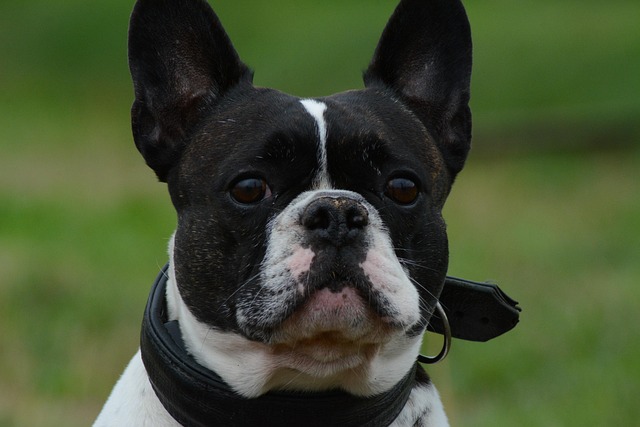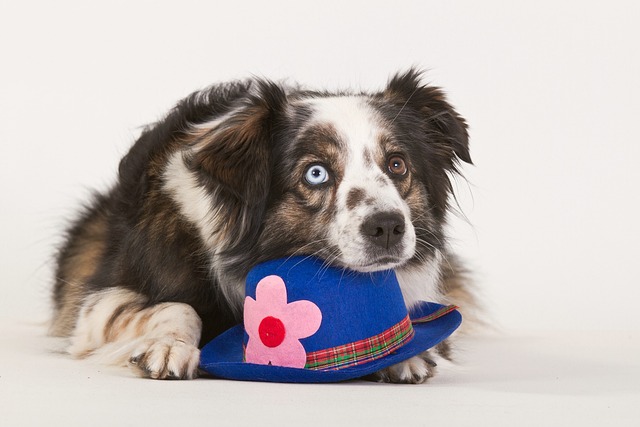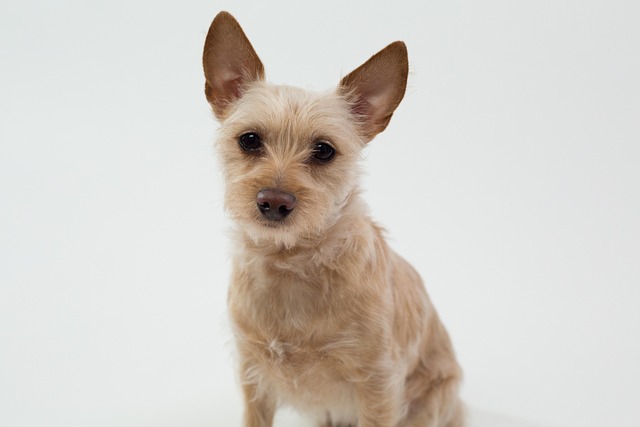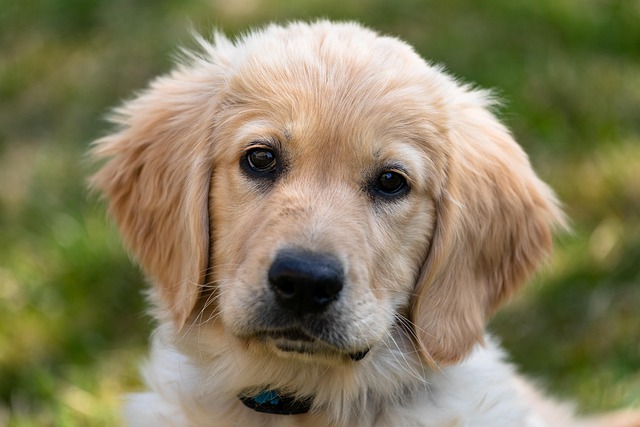When a lively dog at home suddenly becomes listless, has a dry nose, and sneezes from time to time, many owners will feel a little nervous - is the dog catching a cold? As dog parents, we are not only worried about the pain of the dog when it is sick, but also eager to know: how long does a dog cold usually last? The doorway behind this is far more complicated than we think. Let's explore it in depth today.
In essence, dog colds are similar to human colds. They are mainly caused by viral or bacterial infections. Sudden changes in temperature, malnutrition, excessive fatigue and other factors will reduce the dog's resistance and give viruses and bacteria an opportunity to take advantage. Once a dog catches a cold, it will have symptoms such as coughing, sneezing, runny nose, poor spirits, and loss of appetite. Seeing the little guy who used to be lively and energetic become sickly, the owner will feel very uncomfortable.
The duration of a dog's cold is not fixed, but is affected by many factors. The severity of the disease plays a key role in the duration of the cold. If the dog only has a mild cold, with only occasional sneezing and runny nose, it can usually recover in 3-5 days with the owner's careful care. But if the dog is seriously infected, causing respiratory inflammation, severe coughing, purulent nasal discharge, or even fever, the recovery time will be longer, which may take 1-2 weeks or even longer.
The dog's own physique is also an important factor in determining the duration of a cold. A healthy dog with strong immunity is like a solid "defense shield" that can better resist the invasion of cold viruses and bacteria, and recover faster from a cold. On the contrary, puppies, elderly dogs, and dogs with other diseases have relatively weak immunity and poor recovery ability, and the cold often lasts longer.
 Correct and timely treatment can greatly shorten the course of a dog's cold. After a dog catches a cold, if the owner can find it in the first time and take effective treatment measures, such as giving the dog medication according to the doctor's advice, the development of the disease can be quickly controlled and the dog's recovery can be accelerated. However, if the owner fails to detect the dog's condition in time, or the treatment is inappropriate, it will not only delay the condition, but may also cause serious complications such as pneumonia, making the dog's road to recovery long and difficult.
Correct and timely treatment can greatly shorten the course of a dog's cold. After a dog catches a cold, if the owner can find it in the first time and take effective treatment measures, such as giving the dog medication according to the doctor's advice, the development of the disease can be quickly controlled and the dog's recovery can be accelerated. However, if the owner fails to detect the dog's condition in time, or the treatment is inappropriate, it will not only delay the condition, but may also cause serious complications such as pneumonia, making the dog's road to recovery long and difficult.
In addition to timely treatment, scientific daily care is also crucial for the recovery of dogs from colds. During the dog's cold, the owner should provide it with a warm, quiet and comfortable resting environment to prevent the dog from catching a cold again. At the same time, provide the dog with adequate nutrition and clean drinking water to enhance the dog's resistance. You can also let the dog bask in the sun appropriately to promote calcium absorption and speed up physical recovery. If the owner ignores these details during the care process, the dog's cold may recur, resulting in a longer recovery time.
Below, let's take a look at a few real cases. Ms. Li, who raised a golden retriever, had a sudden drop in temperature one night, and the golden retriever began to sneeze and runny nose the next day. After Ms. Li found out, she immediately took warming measures for the golden retriever and fed it cold medicine according to the doctor's advice. Under Ms. Li's careful care, the golden retriever's symptoms were quickly relieved, and it regained its former vitality after 3 days. When the Pomeranian dog raised by Grandpa Wang caught a cold, Grandpa Wang did not take the dog to see a doctor in time, but only fed the dog some human cold medicine on his own. As a result, the Pomeranian's condition not only did not improve, but also showed symptoms such as aggravated coughing and fever. Grandpa Wang hurriedly took the dog to the pet hospital, and after a week of treatment, the Pomeranian gradually recovered.
The duration of a dog's cold varies depending on many factors. As owners, we must always pay attention to the health of the dog. Once we find that the dog has cold symptoms, we must take timely measures. More importantly, in daily life, we must do a good job of prevention, such as adding or removing clothes for the dog according to weather changes, taking the dog to exercise regularly, providing the dog with a balanced diet, enhancing the dog's resistance, and keeping the dog away from the troubles of the disease.
When dogs are sick, they cannot express their discomfort in words and can only bear the pain silently. As the closest companions of dogs, we must give them enough love and care and accompany them to overcome the disease. Because in the eyes of dogs, we are their whole world. As long as we are by their side, they can face everything bravely.

 Correct and timely treatment can greatly shorten the course of a dog's cold. After a dog catches a cold, if the owner can find it in the first time and take effective treatment measures, such as giving the dog medication according to the doctor's advice, the development of the disease can be quickly controlled and the dog's recovery can be accelerated. However, if the owner fails to detect the dog's condition in time, or the treatment is inappropriate, it will not only delay the condition, but may also cause serious complications such as pneumonia, making the dog's road to recovery long and difficult.
Correct and timely treatment can greatly shorten the course of a dog's cold. After a dog catches a cold, if the owner can find it in the first time and take effective treatment measures, such as giving the dog medication according to the doctor's advice, the development of the disease can be quickly controlled and the dog's recovery can be accelerated. However, if the owner fails to detect the dog's condition in time, or the treatment is inappropriate, it will not only delay the condition, but may also cause serious complications such as pneumonia, making the dog's road to recovery long and difficult. 



